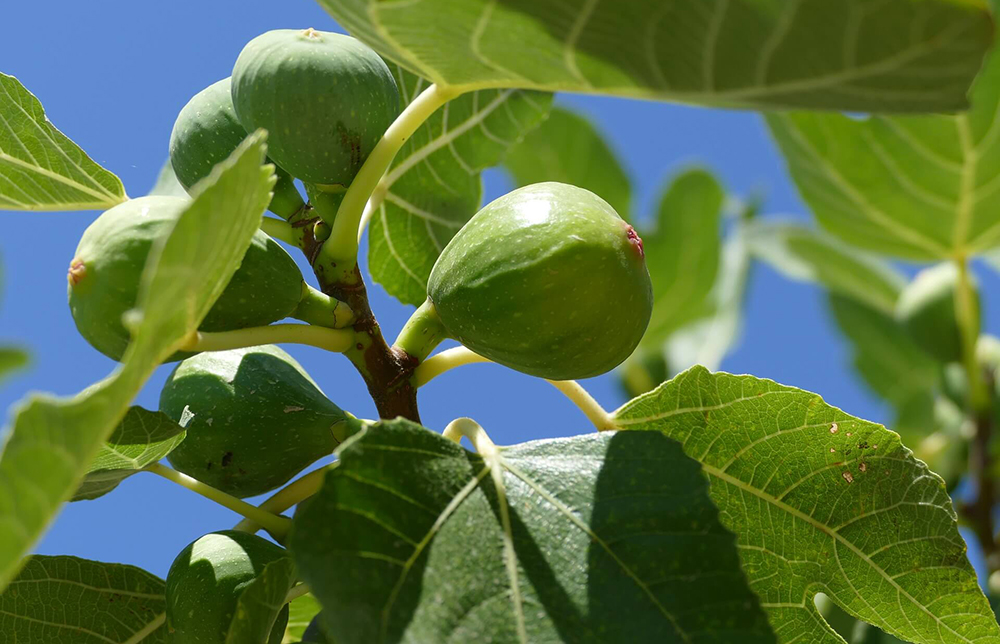 Jesus grew up in Nazareth, in Galilee, the northern agricultural part of Israel. He lived in Joseph’s household, and Joseph was a carpenter. So today, as we finish Luke’s Chapter six, Luke gives us a parable that might have been told by a carpenter, and an agricultural analogy. They conclude the ethical teachings we heard during the last weeks’ Gospels. “Stop judging” from last week becomes the parable about noticing splinters in someone’s eye but not the wooden beam in our own. And green and fertile Galilee is the background for “a good tree does not bear rotten fruit … [but] is known by its own fruit. For people do not pick figs from thornbushes, nor do they gather grapes from brambles.” These agricultural metaphors are also in our responsorial Psalm 92: “the just one shall flourish like the palm tree, like a cedar of Lebanon … planted in the house of the Lord … They shall bear fruit even in old age.” Splinters in eyes and good fruit would be enough to conclude this meaty chapter about the ethics of Christians. But Luke adds a last zinger. “A good person out of the store of goodness in his heart produces good, but an evil person out of a store of evil produces evil; for from the fullness of the heart the mouth speaks.” Luke is taking us deeper. Goodness is not only about external behaviors but also about inner motivations, inclinations of our hearts. Lent starts before our next Sunday. This Chapter 6 of Luke is a great start for examining our lives and consciences as we approach the annual time of self-examination and conversion.
Jesus grew up in Nazareth, in Galilee, the northern agricultural part of Israel. He lived in Joseph’s household, and Joseph was a carpenter. So today, as we finish Luke’s Chapter six, Luke gives us a parable that might have been told by a carpenter, and an agricultural analogy. They conclude the ethical teachings we heard during the last weeks’ Gospels. “Stop judging” from last week becomes the parable about noticing splinters in someone’s eye but not the wooden beam in our own. And green and fertile Galilee is the background for “a good tree does not bear rotten fruit … [but] is known by its own fruit. For people do not pick figs from thornbushes, nor do they gather grapes from brambles.” These agricultural metaphors are also in our responsorial Psalm 92: “the just one shall flourish like the palm tree, like a cedar of Lebanon … planted in the house of the Lord … They shall bear fruit even in old age.” Splinters in eyes and good fruit would be enough to conclude this meaty chapter about the ethics of Christians. But Luke adds a last zinger. “A good person out of the store of goodness in his heart produces good, but an evil person out of a store of evil produces evil; for from the fullness of the heart the mouth speaks.” Luke is taking us deeper. Goodness is not only about external behaviors but also about inner motivations, inclinations of our hearts. Lent starts before our next Sunday. This Chapter 6 of Luke is a great start for examining our lives and consciences as we approach the annual time of self-examination and conversion.
— Blog entry by Sister Mary Garascia





